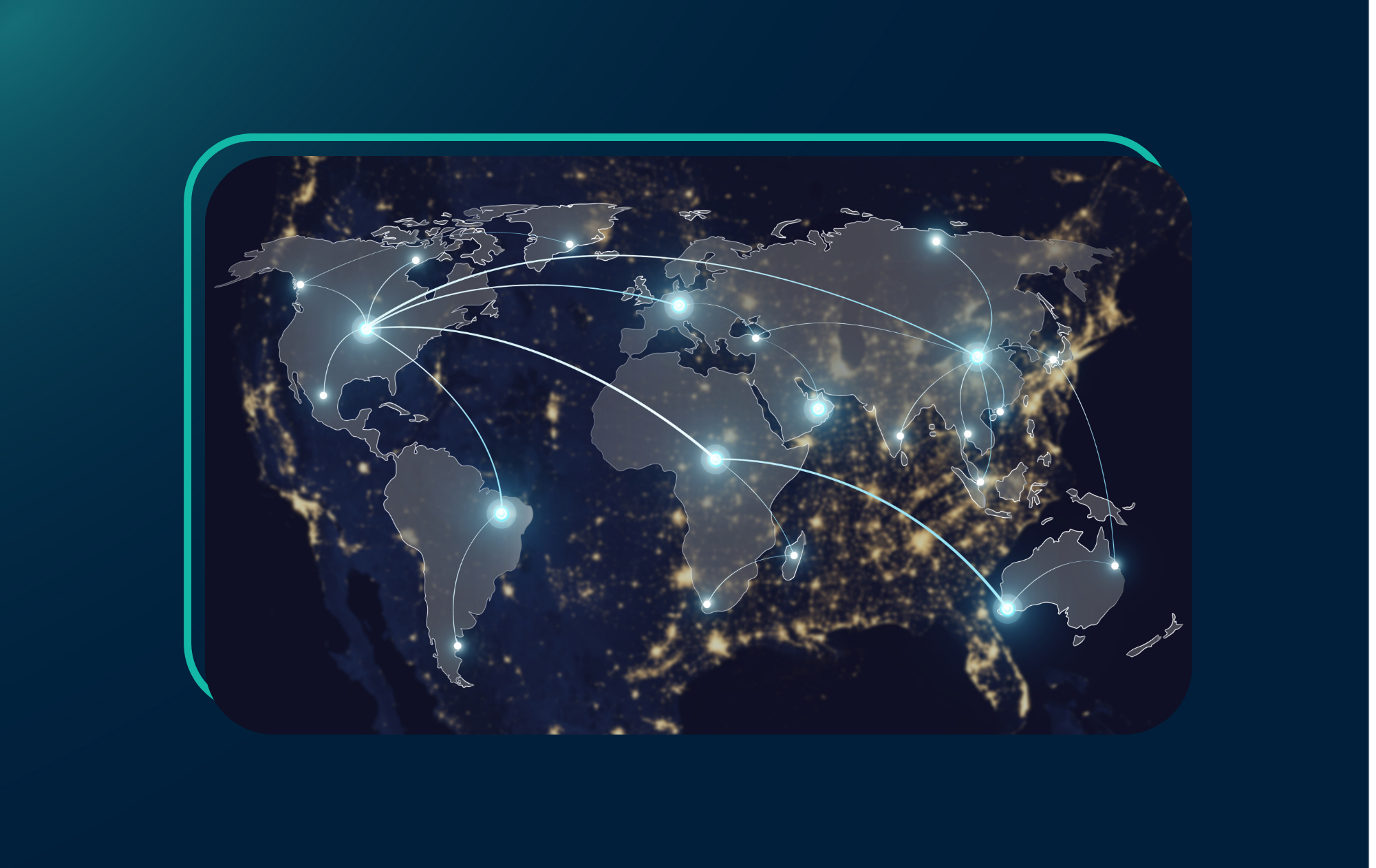At Borneo, as we are a fully-remote company, we have already held two virtual hackathons, one in 29th March 2020 during the massive lockdown, and one on 23rd September 2021. Yes, the hackathons were very far apart, and we will elaborate on that later on. But yes, these hackathons helped shape our company's culture into a more cohesive one, and we are really proud to share what we have learnt to the world.
But first, why Virtual Hackathons?
As we grew our company, we realized that we were missing an element of excitement from being together, which fortnightly happy hours were not adequately helping. Of course, we have project teams and we have a strong collaborative remote culture, but the lack of face-to-face interactions created silos within us. This made some of us --- especially individual contributors --- feel lonely and unmotivated, basically feeling like a mere contractor. It also made asynchronous communication very hard for some, because the familiarity was not established for productive discussions to occur. Happy Hours did help with building some camaraderie, but it was not a strong enough antidote.
As software engineers, sometimes we would have ideas flowing out for a certain product or feature but have no bandwidth to work on them. Thus, the idea for hosting a virtual hackathon started floating around (again) in our own silos. Some people volunteered and, after some rough planning, we started one by blocking a few days out of everyone's calendar. Everyone had to be involved, and we had prizes for the winning team.
And that was our first hackathon. We grew so much as a team from it. New ideas and products also sprouted from it. It was an amazing one.
Then a one-year hackathon slump.
It was post Series-A, when everyone could take a breather, that we realized: many of us have not really properly engaged with anyone outside of our team for quite some time. For newcomers, it was much, much worse (you can imagine). We cannot build a remote team like that. People will start leaving if they do not engage with others. We needed to set up a playbook such that colleagues can feel engaged with one another. We should feel like a professional basketball team, rather than random players coming in and out of a street court.
And we looked back and realized the first hackathon really helped cemented relationships and brought new people into their comfort zones. Hackathons became not just a once-in-a-while-when-we-are-free-and-bored kind of thing, but more an essential event that will help the company grow to greater heights.
How we conducted our virtual hackathons
As everyone is remote (and already used to it), conducting our virtual hackathons is actually quite easy. Here's our schedule for our second hackathon:
- Two weeks before the hackathon, we published a schedule that everyone had to follow. Everyone had to join a dedicated channel where updates get posted. As well, we published a few themes to solicit project ideas.
- One week before the hackathon, we collated the ideas, and then we let everyone vote the top 2-N projects they are interested in.
- Once voting was done, we tallied the votes, then the hackathon team grouped people based on their interests, with priority for cross-project team collaboration and a group of size 3. Once done, we shared the groupings, and they can group together to ideate about the solution for the next 2 days.
- On the day of the hackathon, teams had 24 hours to work on it, and were provided booster packs of 50SGD/2500INR to fuel their hackathon workout. The minimal result should be a working demo and a short presentation.
- Then, once the clock ran out, we had all the teams gather into a Zoom call to present their project. Each team had 10mins + Q&A. Once everyone had presented, we gave each person a form to vote for their top 2 teams, as well as provide us with any feedback to improve future hackathons. The top 2 teams get prizes!
Results!
For our second hackathon, we had 5 projects. All of them were well-done and well-presented, and in fact, everyone got a prize for how invested we are in making the hackathon a success. We show the top voted two, but to us, all of them are equally amazing:
1st place: Borni Personal Assistant by Sushim, Devesh, Rohit
For helping customers find the right information they need on our UI

2nd place: Horus Global Insights by Ashwin, Hari, Bharath
To have measurements and telemetry to influence our product building
To set up ways to get various product metrics and analytics without hit in the existing service performance.

What did we learn?
After the 2nd hackathon, the hackathon team received really good feedback to improve how we host our hackathon. Below are a few:
1. Increase duration to 48 hrs instead of 24hrs
2. Have a timer on screen
3. Virtual room, so that we can know what others are doing
Here are also some of the learnings that our participants took back with them:
1. Small team's with a clear goal can deliver much faster!
2. Improve ability to present, convince influence!
3. Being on the huddle and hustling to solve things tougher was fun and a good deviation from daily work.
4. Always account for fail safe. (We ended up coding till a minute before the hack) :D
5. I found that hackathon is the most efficient way to solve any problem in the shortest time
Special Guest!
We also had a special guest for our second hackathon. Pedram Keyani, who was deeply instrumental in influencing the hacking culture in Silicon Valley, and who organized 40 hackathons in his 7 years at Facebook, shared with us his learnings on how to host a great hackathon.
He mentioned that his favourite project out of all the hackathons he hosted was the one that bred the Like Button for Facebook. The project manager spent the bulk of the hackathon time gathering product and UX data, feedback, and requirements from a multitude of people in charge of different products across Facebook at that time. It was amazing how he was able to incorporate wide-scale design thinking into building such a simple feature that is now widely used across Facebook.

Conclusion
Most software engineers love hackathons, and it is an integral part of the hacking culture and a part of what makes software engineering exciting to many. It also has become an integral part of our company culture, and as we look back when the company grows, it will become very good memories for all of us.
Nowadays, we plan to conduct hackathons quarterly as much as we can, and if Covid is not an issue anymore, we plan to host our hackathons along with our work-vacations for the team.
We hope share more of our hackathons in the future, and we hope you stay tune to our updates as we build and grow!
*If you are interested to help our customers understand, identify, and remediate privacy data risk at cloud scale, we are hiring engineers on our team in Bangalore, and Singapore.



